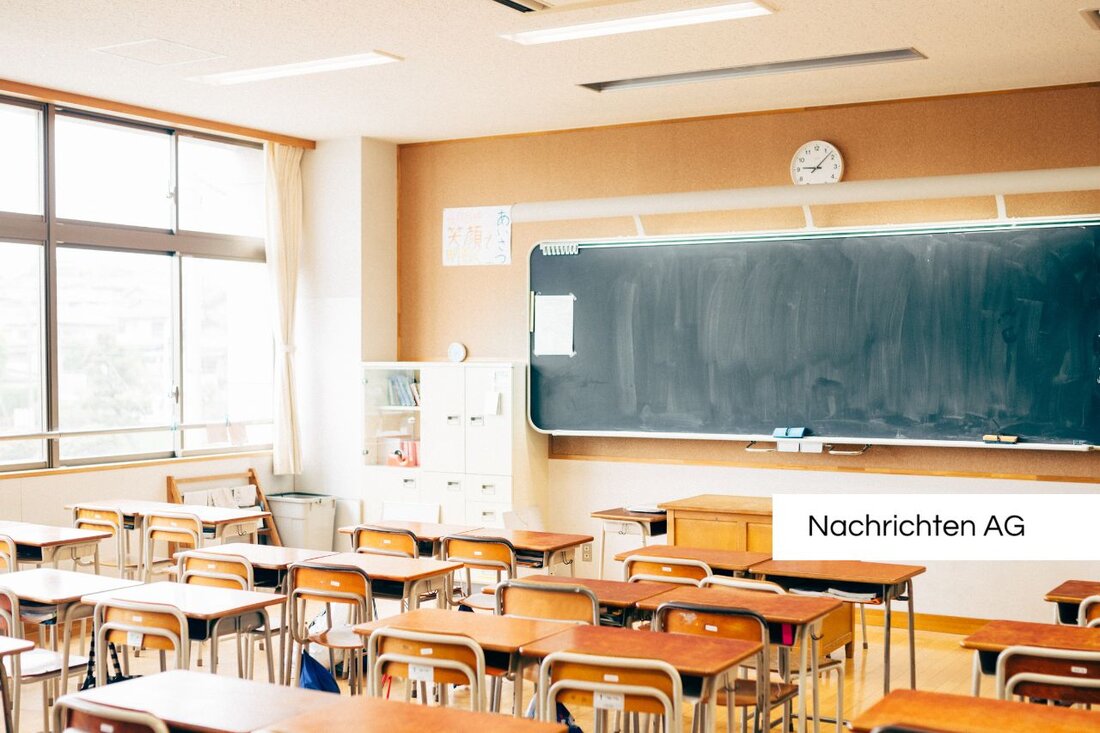Artificial intelligence: schools have to act now!
Artificial intelligence: schools have to act now!
In the Austrian classrooms, artificial intelligence (AI) has so far played a marginal role. A current study by Gostudent shows alarming numbers: 88 percent of teachers have not yet received any training in dealing with AI. Despite the fact that 68 percent of educators would be willing to further develop in this area. Only a small number of teachers, exactly 44 percent, believes that AI will be a central part of the professional future of their students, while a third of the students are convinced that the school gives them the necessary skills for their professional life.
The situation is questionable, especially when you consider that only 20 percent of the students had access to AI tools in class, which represents a dramatic decline compared to 40 percent in the previous year. At this point, the parents come into play: 63 percent of them demand that schools actively teach the responsible use of AI tools. Felix Ohswald, Managing Director of Gostudent, warns of the risks for students who meet AI without any information.
The role of schools and the Ministry of Education
The Ministry of Education has recognized the importance of further training for teachers and offers numerous seminars and further training. These training measures are necessary, since AI can not only personalize learning and promote innovations, but should also convey competencies in dealing with global challenges such as climate change and pandemics. The design of an interdisciplinary connection to other specialist areas is also crucial. The bmb.gv.at reports that an expert group from universities and universities of educational universities develop measures to integrate AI in schools.
pilot projects that document experience from school practice are planned to gain good practice examples. These are intended to offer schools pragmatic guidelines for the use of AI in class. The projects focus on generative voice models, quiz platforms and design tools that are anchored in specialist curricula for digital basic education and computer science. In order to prepare teachers for these new challenges, further and further education measures are offered, which include online courses.
challenges and need for clarification
Despite this progress, the clarification of the possibilities and risks of AI remains a decisive topic. A clear regulation for the use of AI tools in written work is required because they can be used misuse. In order to raise the students to deal with AI, it is important that teachers actively talk to the children about these topics. In particular, you have to understand what opportunities and risks are associated with AI, including the need to design tasks in such a way that competence -oriented learning is promoted.
At the same time, other countries, like the federal states in Germany, see the need to train teachers and to promote the integration of AI into class. Funding programs and training offers in various countries, such as [Future-Digitale.schule] (https://zukunft-digitale.schule/Ki-forturfort- Lehrer-Bundeslaender/), help the teachers to effectively use the new technologies. These countries have developed various strategies for the integration of AI that could serve as examples of other education systems.
In summary, it can be said that the integration of AI into the education sector in Austria urgently has to become more important. The advanced training offers can make a decisive contribution to improving the quality of education and pupils prepare for the challenges of the digital future.| Details | |
|---|---|
| Ort | Esslingen, Deutschland |
| Quellen | |


Kommentare (0)